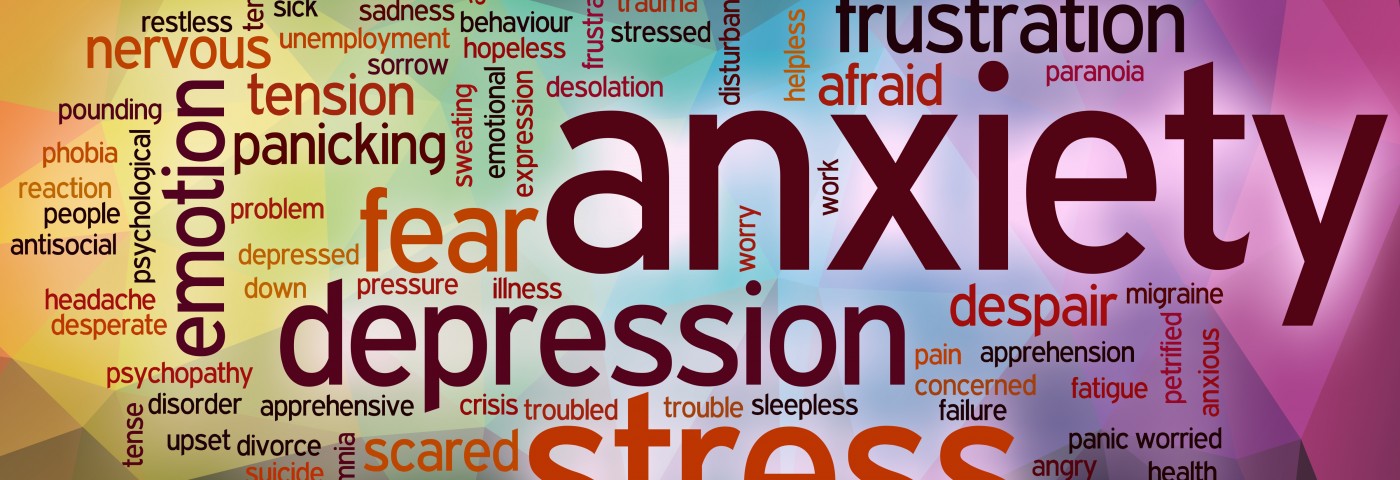Psoriasis significantly affects a person’s quality of life, with a number of patients — especially women, and those over age 55 — experiencing anxiety and symptoms of depression because of their disease, researchers in Lithuania reported.
The research paper, “Associations of the quality of life and psychoemotional state with sociodemographic factors in patients with psoriasis,” was published in Medicina.
Psoriasis, a chronic recurrent inflammatory disease affecting the skin, scalp and nails, is characterized by a high risk of depression and anxiety, and the resultant psychological stress is connected to an unwillingness to undergo regular treatment.
Researchers aimed to evaluate demographic and clinical factors that affect the quality of life in psoriasis patients, and their psycho-emotional status. Their work is, according to the authors, the first large study in Lithuania in this field.
A total of 385 patients (186 women and 199 men), ages 18 to 85, were recruited from the Lithuanian University of Health Sciences. The researchers assessed the subjects’ sociodemographic data, Psoriasis Area and Severity Index (physician scored), and disease duration. The Dermatology Life Quality Index questionnaire was used to evaluate quality of life. Depression and anxiety were assessed using the Hospital Anxiety and Depression scale.
Results indicated that “a large or extremely large” impact on life quality was observed. Severe change in quality of life was found to be 1.8 times more common in women, 2.7 times more common in patients with moderate and severe psoriasis (PASI ≤ 10), and about twice as common in patients with nail psoriasis than in those without this condition. Patients with psoriasis-related anxiety or depression were also more likely to have severe changes in quality of life.
Anxiety was observed in 37.4% of patients and depression in 23.4%. Depression was more frequent in patients older than 55 compared to those younger than 35, and anxiety was more frequent in women and in people with lower education levels. “In this context, patient education about the disease and avoidance of addictions might improve the management of psychological problems in patients with psoriasis,” the researchers concluded.


